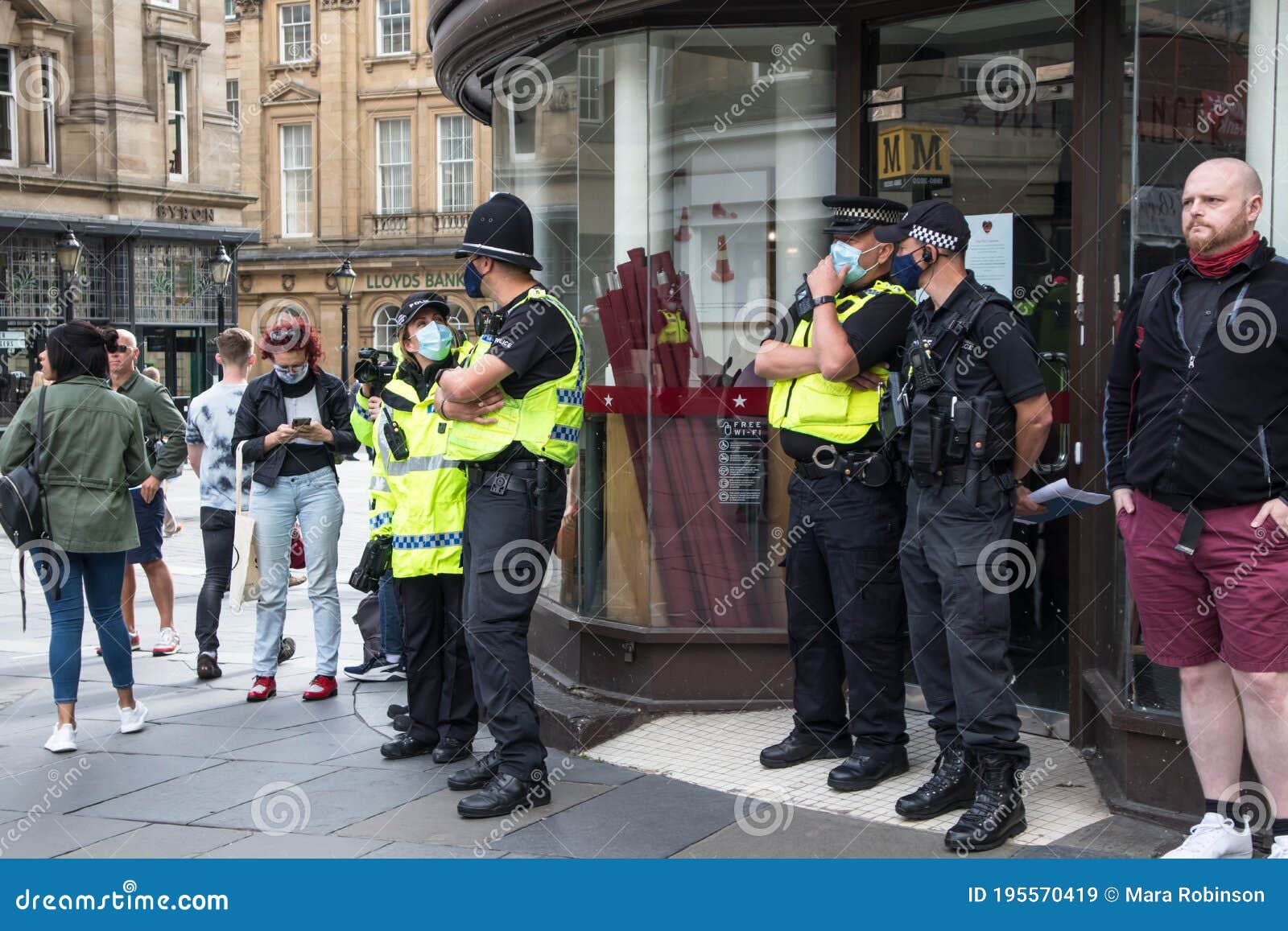

On the suppression of press freedom, the writers who did a piece titled: “Press and military Rule in Nigeria” stated thus “To show that every paraphernalia of military dictatorship is involved in the oppression of the press, the Nigerian Army as an institution warned journalists, on the 4th of May 1990 that it would ruthlessly deal with any media house that publishes news items which intentionally or unintentionally embarrasses or seem to embarrass the military or members of their family, relations and friends.” Going through several literatures on how press freedoms and rights to peaceful assembly were curtailed by the military, the historical record in seems attractive. The late Chief Gani Fawehinmi (SAN) Chief Femi Falana (SAN) Chief Olisa Agbakaoba (SAN) Comrade Shehu Sani were some of those who were brutally dealt with by these military despots for daring to stage one form of protests or the other against dictatorship.īut the suppression of press freedoms and other essential democratic rights by the then military rulers did not stop popular discontents and formations of platforms that championed the restoration of civil rule. Several pro-democracy campaigners who dared them were sent to various terms of confinements in the largely dysfunctional prisons and other detention centers. A fundamental vestige of dictatorship is the existence of a largely untrained and grossly undisciplined armed operatives belonging to a dysfunctional policing institution whose operatives formed the dominant segment of the tools deployed by absolute dictators to unleash violence on a larger scale on the civil society.įor many decades that military dictatorship existed in Nigeria before the transition to civilian rule in 1999, the Nigerian police force was progressively destroyed by the powers-that- be who had consistently relied on the police operatives as agents of coercion and attack targeted at the civilian populace that resented any unpopular policy imposed on them by the dictators.įor the better part of the Generals Buhari, Babangida and Abacha years of military dictatorship from the early 1980’s to late 1990’s, the remnants of what are left in the progressively destroyed policing institution, joined their colleagues in arms in the armed forces of Nigeria to stifle popular protests and civil disobedience activities used as potent tools by democratic forces to oppose military tyranny.Īnxiety As FG Takes Terrorism Financiers to Court


 0 kommentar(er)
0 kommentar(er)
